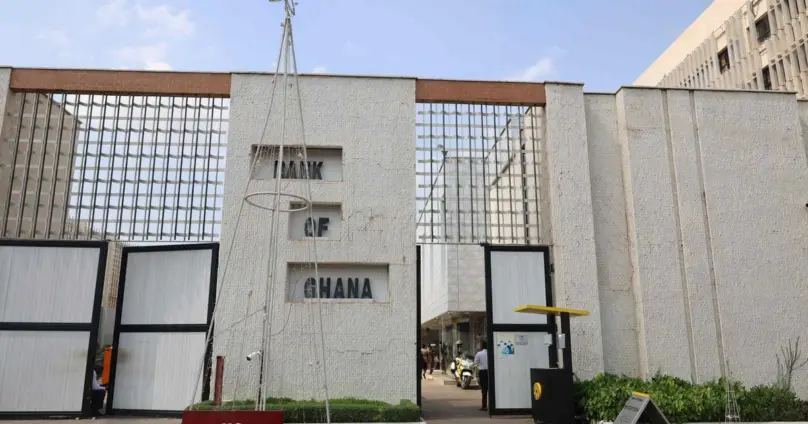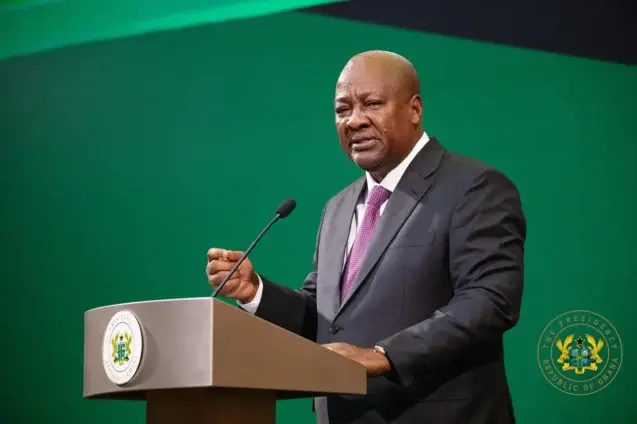As the cost of living continues its relentless climb in Ghana, anxieties about the nation’s economic stability are palpable. In the midst of this unease, Dr. Kabiru Tia-Mahama, the Member of Parliament for Walewale, has emerged as a vocal critic of what he perceives as the government’s premature self-congratulation regarding economic achievements. The Walewale MP contends that the administration’s celebratory tone is not only misplaced but actively misleading, particularly in light of the country’s substantial outstanding debts. He argues that responsible financial stewardship demands a prioritization of debt repayment before any declarations of success, adding a layer of complexity to the ongoing discussions surrounding the Ghana economy and the management of government debt.
Dr. Tia-Mahama’s central argument revolves around the notion that celebrating economic progress while simultaneously neglecting significant financial obligations is inherently irresponsible. He suggests that such behavior undermines the very foundation of sustainable economic growth.
“You cannot owe and go round in town claiming that you are doing well. You have to first settle your debts,” Dr. Tia-Mahama stated, encapsulating his perspective on the matter.
He emphasizes that while investments in development are crucial for national advancement, they must be carefully balanced with the equally important task of fulfilling existing financial obligations. This balance, according to Dr. Tia-Mahama, is where the current administration falls short.
“Design an act of balancing between the two. And I think that the Finance Minister has not done that so far. He has not balanced between satisfying obligations that are expected of him,” he said.
The government has, at times, cited pending audits as a reason for delays in repaying certain debts. However, Dr. Tia-Mahama dismisses this justification, arguing that a significant portion of the outstanding debts has already undergone thorough verification and should be promptly settled. “Auditing is not an excuse — because there are some of the debts that have been audited and certified. You can start paying those,” the Walewale MP noted.
The implications of delaying these payments extend beyond mere financial transactions. Such delays can erode public trust in the government’s ability to manage the economy effectively and can also negatively impact the nation’s overall economic stability.
The energy sector serves as a stark example of the challenges posed by the government’s approach to debt management. The ongoing crisis within the sector, Dr. Tia-Mahama contends, is directly linked to the government’s failure to adequately address its outstanding debts, particularly those owed to Independent Power Producers (IPPs). Among these IPPs, Karpower stands out as a significant creditor.
“For instance IPPs, why is Mr Jinapor crying? He is crying because Karpower alone has $400 million. Every government owes some debts and they pay to keep the lights on. So it is irresponsibility that the amount is due at your time — you should pay,” Dr. Tia-Mahama asserted.
The failure to meet these obligations carries significant consequences, potentially jeopardizing the nation’s energy supply and further destabilizing the Ghana economy.
According to Dr. Tia-Mahama, responsible financial management encompasses a range of key principles, including transparency, accountability, and a steadfast commitment to fulfilling financial obligations. He stresses that the government must prioritize debt repayment to maintain both economic stability and investor confidence. This approach, he argues, is essential for fostering long-term, sustainable growth.
In summary, Dr. Tia-Mahama’s critique underscores the critical need for the government to address its outstanding debts before celebrating any perceived economic achievements. By prioritizing transparency, accountability, and the fulfillment of financial obligations, the government can pave the way for genuine economic growth and stability.
Image Source: MYJOYONLINE






















